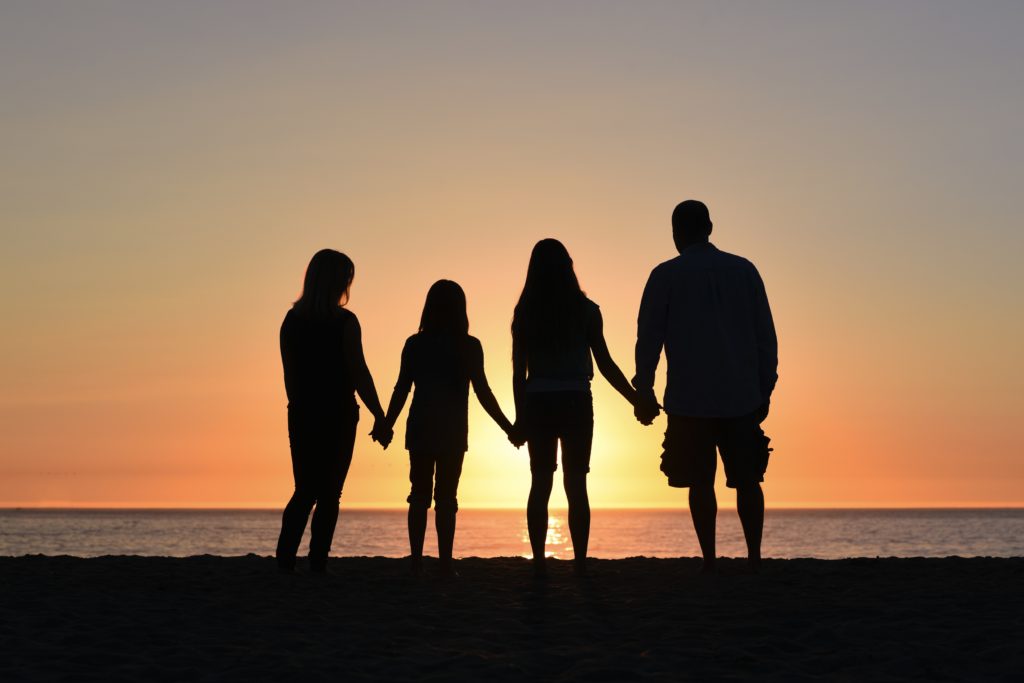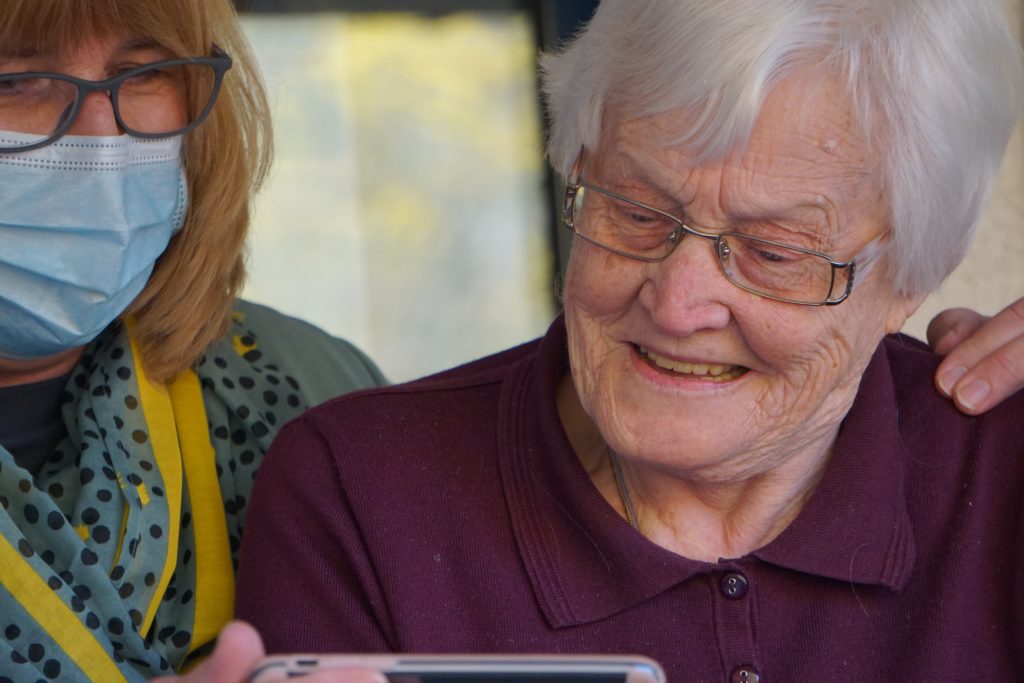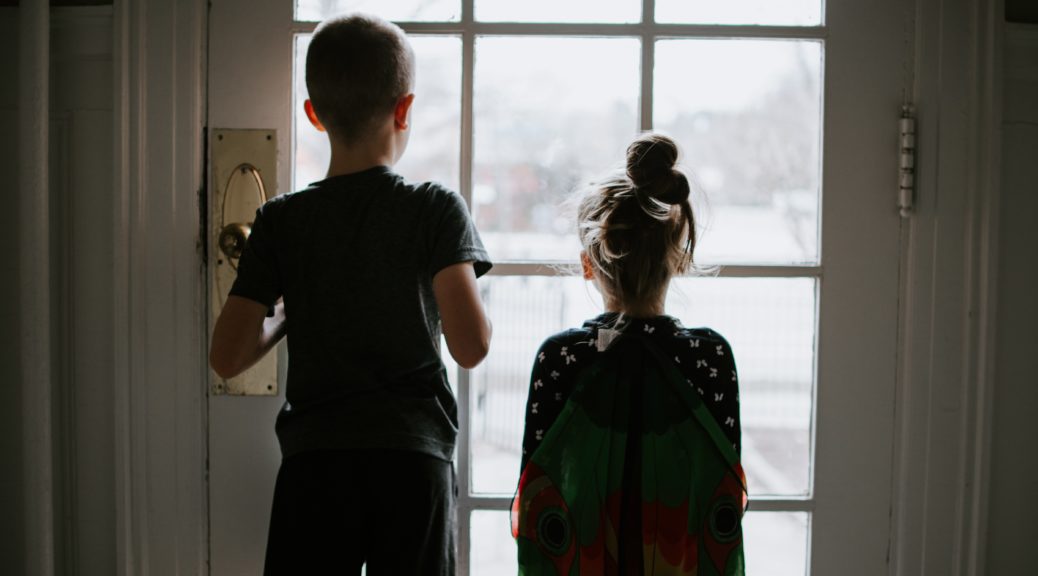[5 minute read]
Edited by Natalie Grace Sipula
Author’s note: This article is the fruit of my analysis and my analysis only. By no means do I wish to come off as an authority on these matters, but rather as a blog writer attempting to spark debate on commonly relevant life questions.
Since governments around the entire world issued stay-at-home orders, you and I can well relate to being stuck inside with your family or your loved ones (I am with my family, which is nice because I get to spend more time with them). Everyone is experiencing different situations at the moment, but I’ve heard many of my friends ask themselves how spending more time with relatives will impact their relationships with them, especially because the connection is being forced by circumstances beyond our control. Here I will put forth my analysis of how I believe different relationships will be impacted during the coronavirus pandemic.
Let us begin with how quarantine impacts relationships within couples. In my opinion, the way the relationship is affected depends on if the couple decides to spend the time apart or to temporarily move in together. If you’re away, even if you talk and see each other online every day, I have observed from acquaintances of mine that the physical distance can create a mental distance. After all, even if you’re in love, not seeing the other person in the relationship every day can make their virtual presence feel less real. You may not see what they look like every day, what they eat, what they are doing. Sharing all of these details on a daily basis makes you become comfortable around the other person, and therefore to a certain extent, dependent on their presence. Why? Because, according to Psychology Today, we are creatures of habit. This is how emotional attachment strengthens.

Nonetheless, if a couple lives together, it’s an entirely different story. When a couple lives together, they will discover very personal details about each other that define their personalities, such as hygiene and eating habits, circadian rhythm, house set-up and possessions, and the things that are really dear to them. These discoveries can help you discern deeper aspects of your partner’s personality in order to determine whether you wish to pursue the relationship. In other words, you get to know the person in a deeper way. If nothing about the relationship seems deterring at a glance, then you may feel compelled to continue pursuing the relationship on a deeper level.
However, a problem that has been mentioned in the news is skyrocketing violence within married couples as a result of excessive, forced contact with each other, according to French media outlets. This typically happens when the couple has been established in their lives together for a long time already. They stay married for purposes other than love, and see going to work as an escape from each other. Quarantine in this case may be the straw that breaks the camel’s back. In these cases, the two members of the couple, if reasonable, should understand that it’s time to part ways for the good of both parties involved.

For children spending time with their family during quarantine, the reaction of the child usually aligns with how the child was raised. For example, if you are a child who is very invested emotionally in your family and your parents took care of you in the most devoted manner possible, it will likely be an immense pleasure to spend more time with your parents, whom you will probably have missed very much over the course of your busy schedule. On the other hand, if you were primarily taught to be autonomous, independent, and outgoing without much contact with your parents, you will likely perceive an increased quality time in proximity to your parents as restrictive, almost punitive in some cases. You may also feel restricted by the impossibility of intimacy with your close friends, listening to music, or engaging other social activities.
For the elderly, confinement can have a variety of effects. From the times I have visited retirement homes and spoken to their members, I remember them sharing their reflections with me: if they live in solitude (which is the case for significant portions of the population over 65 years old across all socio-economic levels), their relatives who used to visit every now and again will remain quarantined in their homes. If they live surrounded by their family but the family is constantly away because of their occupations, confinement may offer a valuable opportunity for a family reunion that lasts longer than a week for Independence Day, Thanksgiving, Christmas, or New Year’s Eve. Such family reunions tend to create and immortalize some of the most fun moments that people remember in their lives and boast about to their colleagues all year long. They serve, for everyone, as events to look forward to and occasions to cross something extravagant off their bucket list.
If we reflect back on the argument I made regarding children and parents, we can see the same dynamic occurring between adults and their elderly parents. If the child perceives their parents as sheer burdens, they’re likely to use quarantine as a pretext to continuously isolate themselves from them, maybe over several months in a row. It’s always easy to argue that you don’t want to transmit the virus to a population with vulnerable immune systems, but then not even call or try to remaining contact with them. What is certain is that the elderly are a population that needs support and that have much to offer to younger generations if we invest the time to interact with them.

Now, do I think physical confinement is beneficial for relationships? It depends on the population we are focusing on. For the elderly, I’ve observed that they have more human contact than they get in their usual solitude during quarantine. For parents and children, who tend to be more dynamic and extraverted members of society, this is often perceived as a dampening restriction on their independence and autonomy, which they compensate for by being attached to their devices for contact with the external world. Sadly, this envelopes them in the vicious circle of digital device dependence making people less competent at face-to-face contact, and when you’re incompetent at it, you shy away behind a screen. But for newly formed couples, it is beneficial, because it enables you to get to know each other by interacting on an everyday basis, seeing their hygiene habits, observing how they react in different circumstances, and more… all the things that couples usually take much longer to understand because they don’t take the “big step” of moving in together. Sometimes this works, and sometimes it doesn’t, and in these cases, you have lost time spent with someone who you will not ultimately remain close to.
In conclusion, the effects of physical confinement on relationships are varied, but it is your responsibility to choose how much you want to interact with the people in your life. If you feel like you should or want to interact more, then go ahead. If not, that’s also your choice. But remember to make your choices carefully when judging relationships: avoid labeling them based on an experience on the short term; look at the long term instead. This suggestion is only a possible solution for potential problems that are caused due to confinement, but will hopefully provide some insight into how to make your relationships stronger.
Featured Image by Kelly Sikkema on Unsplash
Richard is a rising junior majoring in Neuroscience and minoring in Health Care Studies. Growing up in France and arriving to the United States in his early teen years, he understands very well the hardships of immersing yourself in a new culture with a new language and new customs. He interacted with multiple immigrant communities both in the US and in France and developed efficient methods of discovering new cultures comprehensively. In his free time, he enjoys playing the piano, working out, learning new languages, and reading books. He is eager to meet you and share his experiences!

